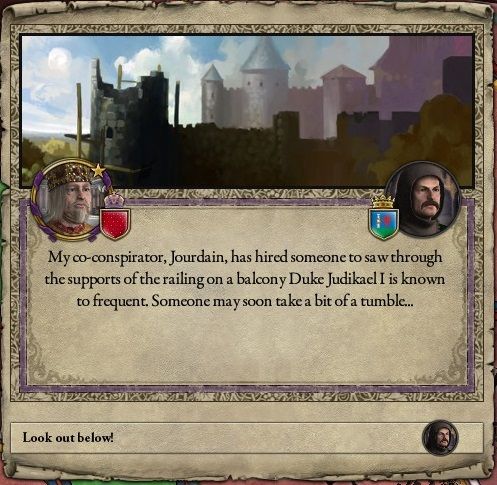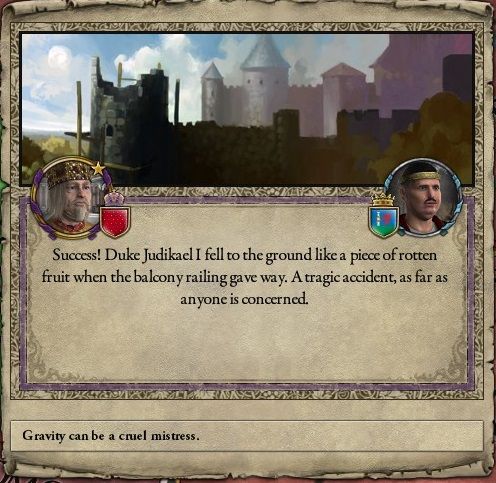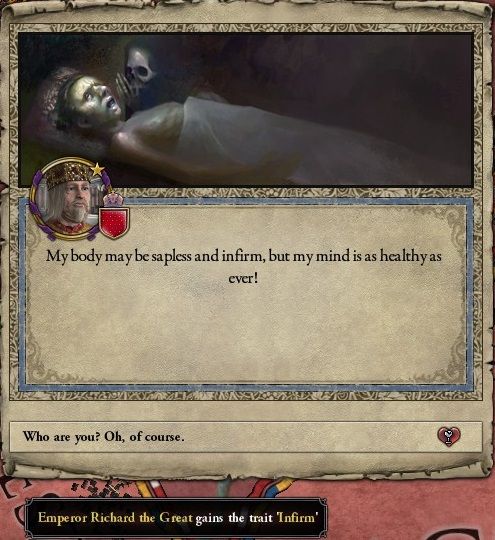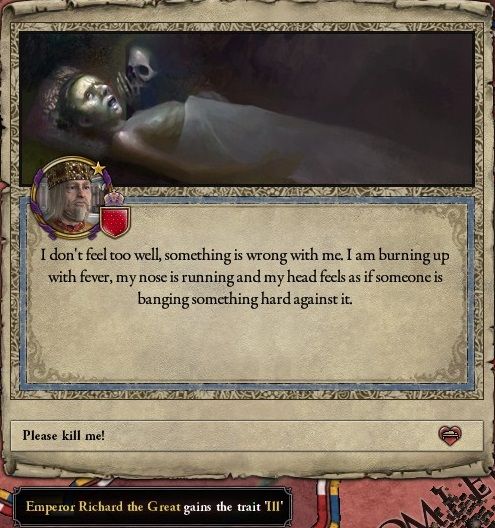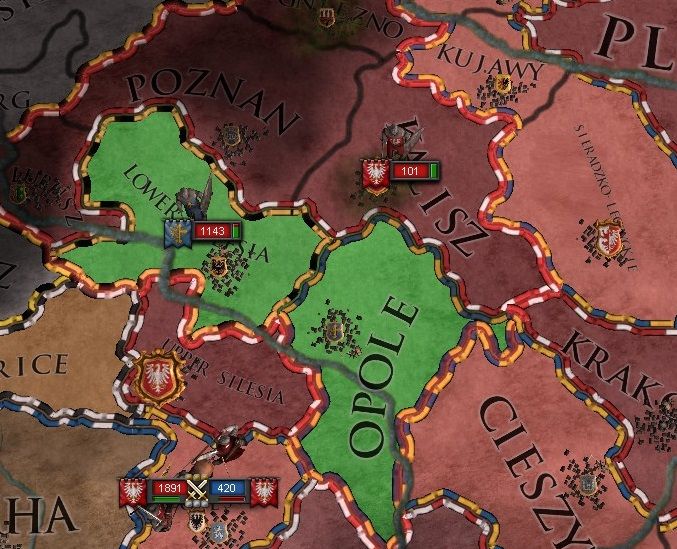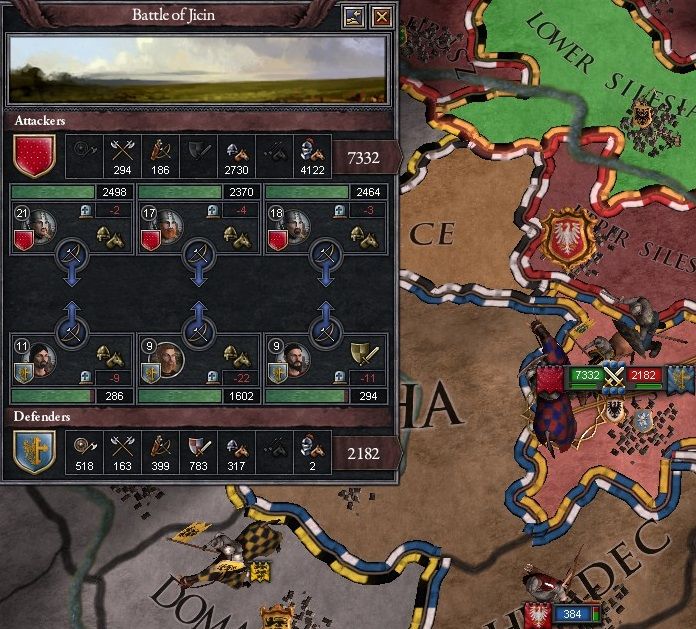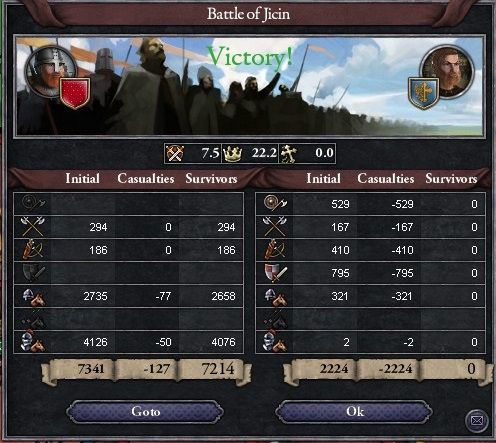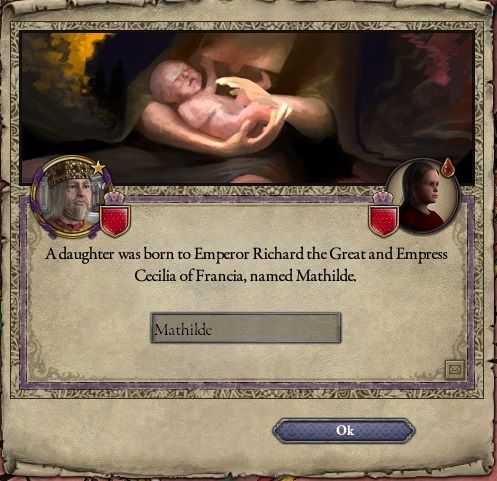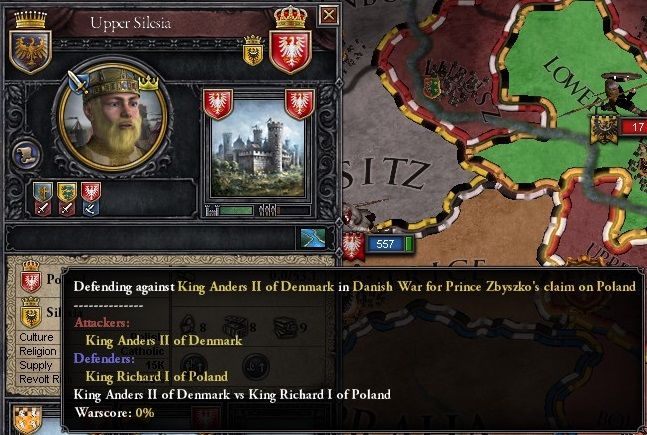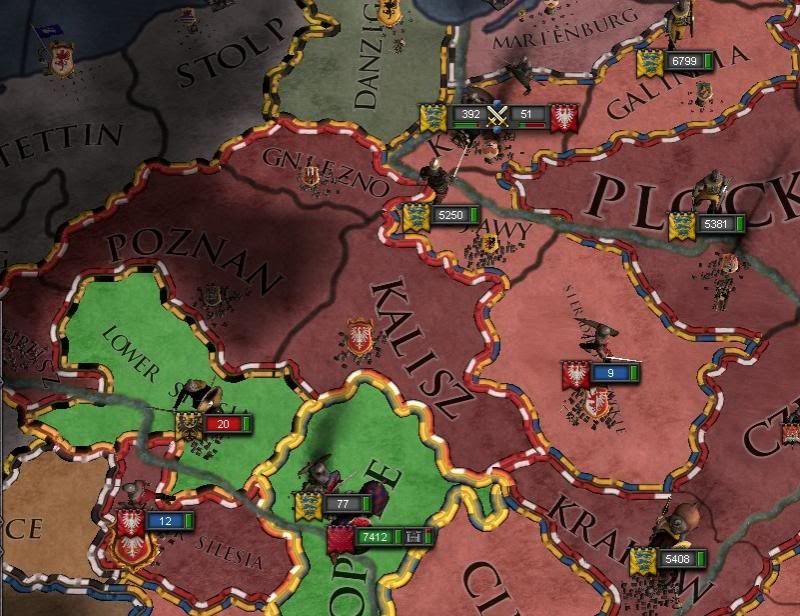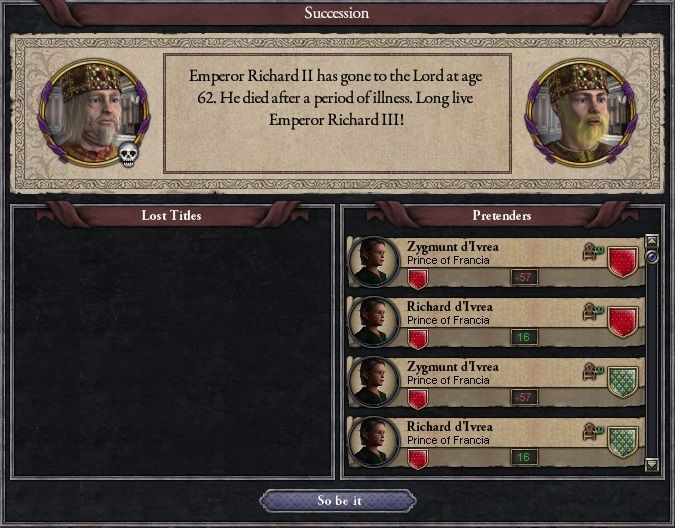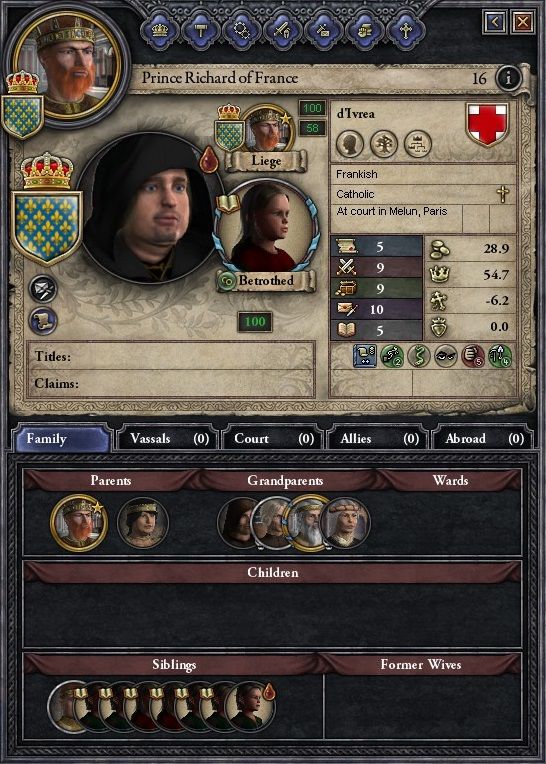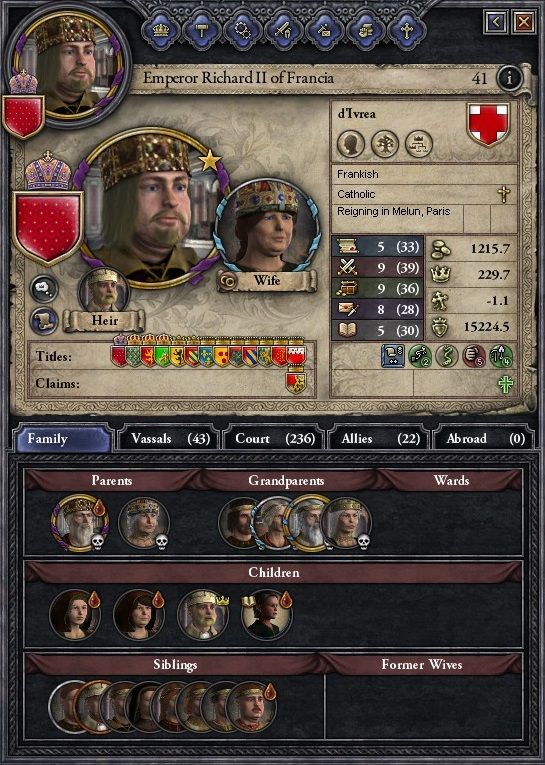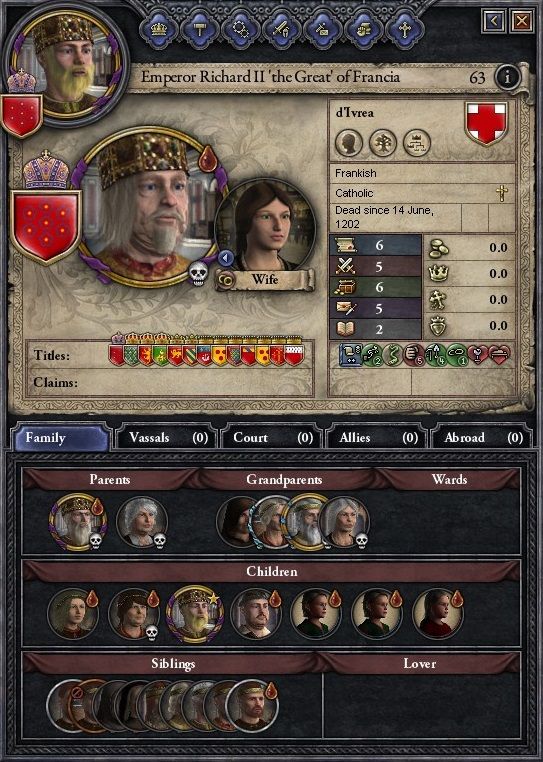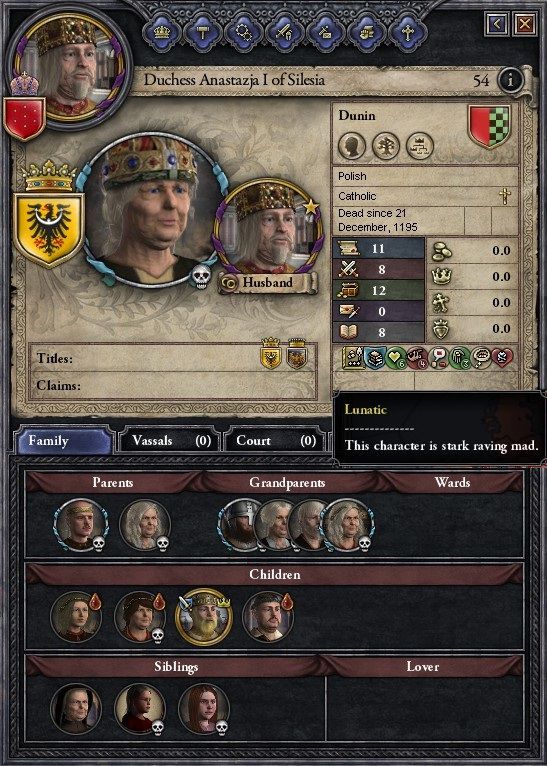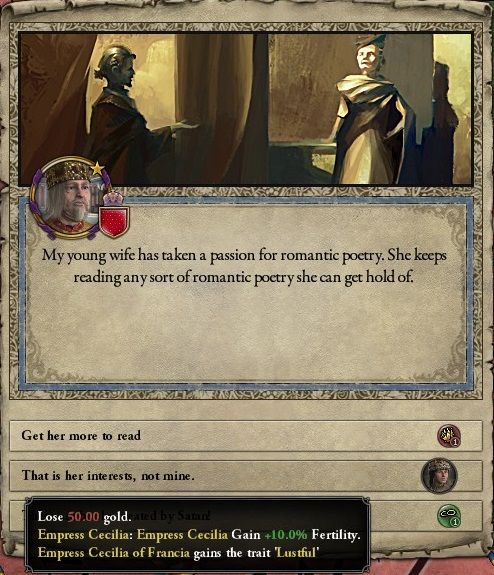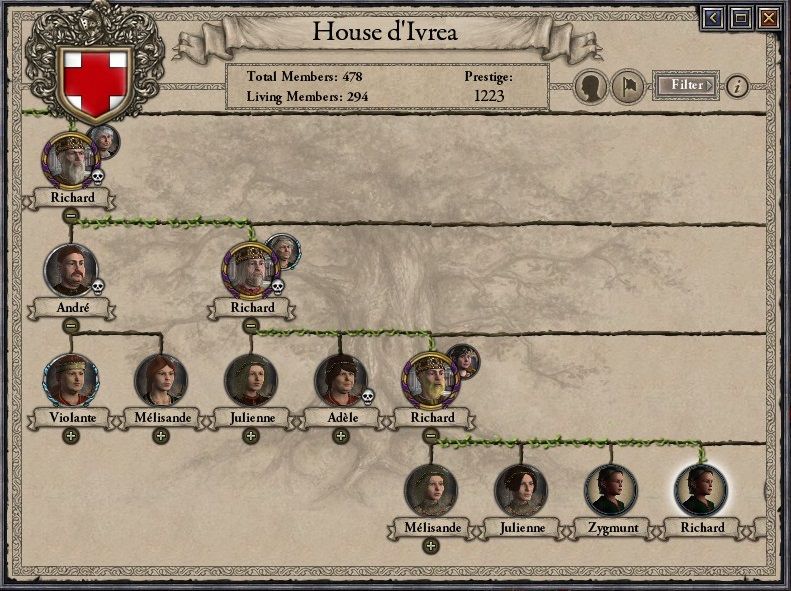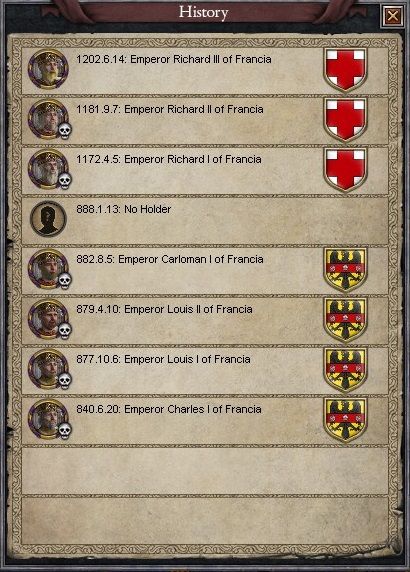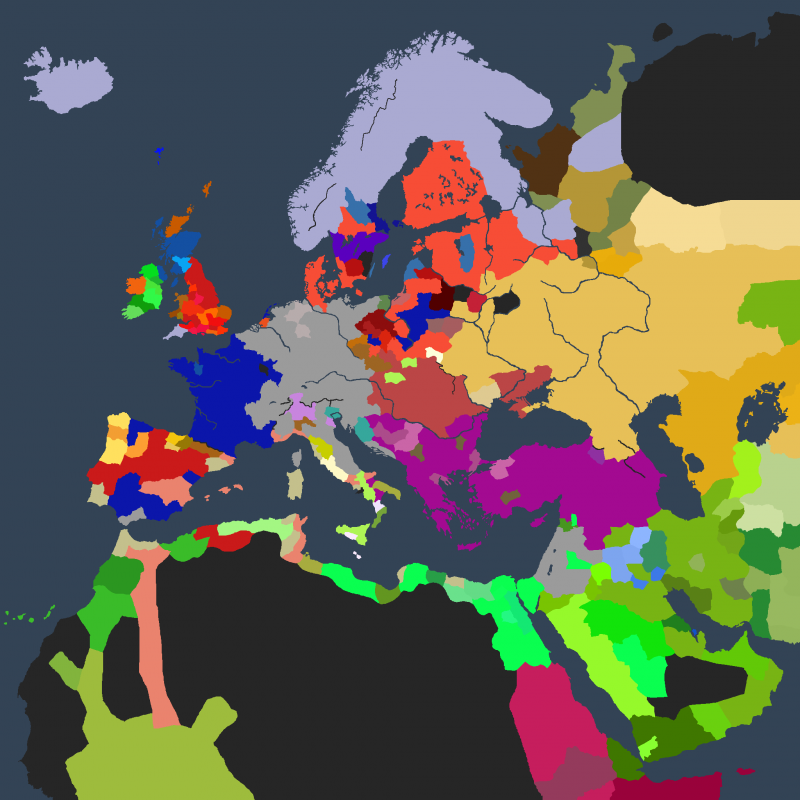With Paradox announcing the converter for EU4, I am strongly leaning forward continuing this AAR beyond the year 1444. I'm still a beginner concerning Europa Universalis, but I should be able to increase my skills by the time I reach 1444 with this AAR. Hopefully, the story will remain interesting during the EU4 era. This also means that I'll put my Alfred game on hold. I'm not very far anyway and I'd prefer to continue this AAR instead of creating a new one. Playing from 867 to 1453 will be a colossal story to write up as well. I'll keep going, because where I currently am, things are heating up...[/COLOR][/SIZE][/FONT]



